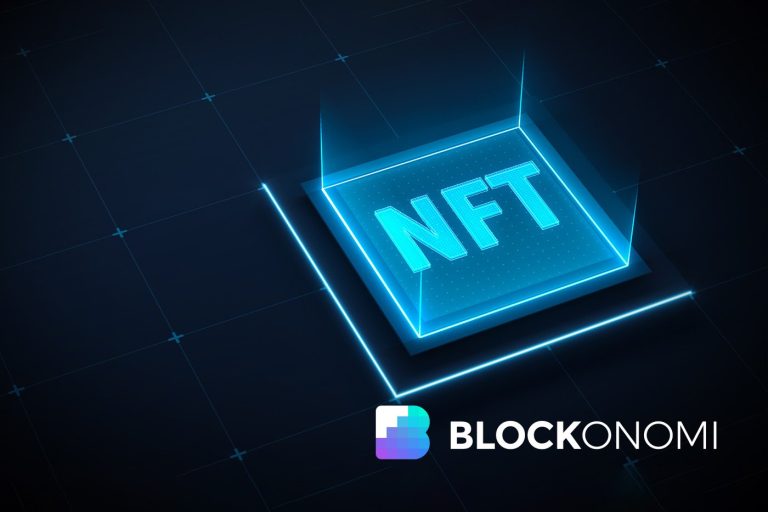
Navigating the Future: Emerging Trends in Fintech Technology
Introduction to Fintech

Fintech, a combination of finance and technology, has been revolutionizing the way we manage our finances. From mobile payments to digital banking, fintech has made it easier and more convenient to access financial services. However, the fintech industry is constantly evolving, with new technologies and innovations emerging every day. In this article, we’ll explore the emerging trends in fintech technology and what they mean for the future of finance.
Emerging Trends in Fintech Technology

Fintech is a rapidly evolving industry, with new technologies and innovations changing the way we manage our finances. Some of the emerging trends in fintech technology include:
- Artificial Intelligence (AI): AI is being used in fintech to improve customer service, detect fraud, and provide personalized financial recommendations.
- Blockchain: Blockchain technology is being used in fintech to provide secure and transparent transactions, as well as to create new financial products and services.
- Mobile Payments: Mobile payments are becoming increasingly popular, with many people using their smartphones to make payments and transfer money.
- Digital Banking: Digital banking is becoming more prevalent, with many banks and financial institutions offering online and mobile banking services.
- Fintech Lending: Fintech lending platforms are providing new ways for people to borrow money, using AI and machine learning to assess creditworthiness.
The Future of Fintech

The future of fintech is exciting and uncertain. As new technologies and innovations emerge, we can expect to see significant changes in the way we manage our finances. Some potential future developments in fintech include:
- Increased Use of AI: We can expect to see increased use of AI in fintech, as it becomes more prevalent and accepted.
- More Secure Transactions: As blockchain technology improves, we can expect to see more secure transactions and a reduction in fraud.
- Greater Accessibility: Fintech will continue to make financial services more accessible to people around the world, particularly in underserved communities.
- New Financial Products and Services: Fintech will continue to create new financial products and services, such as robo-advisors and digital wallets.
Conclusion

In conclusion, the fintech industry is rapidly evolving, with new technologies and innovations changing the way we manage our finances. Emerging trends in fintech technology, such as AI, blockchain, mobile payments, digital banking, and fintech lending, are transforming the financial landscape. As we look to the future, we can expect to see increased use of AI, more secure transactions, greater accessibility, and new financial products and services. Whether you’re a consumer, business, or financial institution, it’s essential to stay informed about the latest developments in fintech and be prepared for the changes that are coming.
Focus on Fintech: Emerging Trends in Fintech Technology

Focus Keyword: Fintech. The future of finance is here, and it’s being shaped by emerging trends in fintech technology. From AI to blockchain, mobile payments to digital banking, the fintech industry is rapidly evolving. As we navigate the future of finance, it’s essential to stay informed about the latest developments in fintech and be prepared for the changes that are coming.
What is Fintech?

Fintech, a combination of finance and technology, has been revolutionizing the way we manage our finances. Fintech companies use technology to provide financial services, such as payments, lending, and investments. The fintech industry has grown significantly in recent years, with many new companies and innovations emerging.
Benefits of Fintech

The benefits of fintech are numerous. Fintech has made it easier and more convenient to access financial services, particularly for people in underserved communities. Fintech has also increased competition in the financial industry, leading to better prices and services for consumers. Additionally, fintech has enabled new business models and revenue streams, such as peer-to-peer lending and robo-advisors.
Challenges Facing Fintech

Despite the many benefits of fintech, there are also challenges facing the industry. One of the main challenges is regulation. Fintech companies often operate in a gray area, with unclear regulations and laws. This can make it difficult for fintech companies to operate and for consumers to trust them. Another challenge facing fintech is security. As with any technology, there is a risk of cyber attacks and data breaches.
Conclusion

In conclusion, the fintech industry is rapidly evolving, with new technologies and innovations changing the way we manage our finances. Emerging trends in fintech technology, such as AI, blockchain, mobile payments, digital banking, and fintech lending, are transforming the financial landscape. As we look to the future, we can expect to see increased use of AI, more secure transactions, greater accessibility, and new financial products and services. Whether you’re a consumer, business, or financial institution, it’s essential to stay informed about the latest developments in fintech and be prepared for the changes that are coming.






